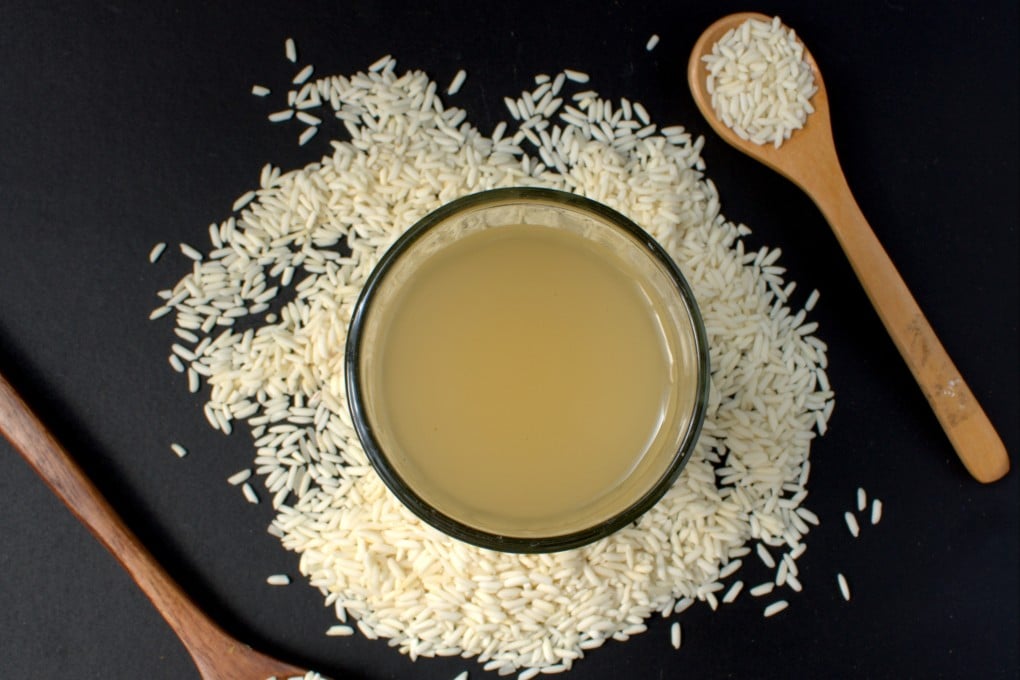China-US study replicates ancient rice wine identified from 10,000 years ago
Researchers from Stanford and Chinese Academy of Sciences affiliate find evidence that people were drinking mijiu far earlier than realised

The research, which appeared in the peer-reviewed journal Proceedings of the National Academy of Sciences, revealed “the complexity and innovation of early rice wine brewing”, the team said.
“[It also] provides an important scientific basis for exploring the origins of rice agriculture, early social structures and technology diffusion in East Asia.”
The study was co-led by Liu Li, from Stanford University’s department of East Asian languages and cultures in the United States, and Zhang Jianping of the Institute of Geology and Geophysics (IGG), an affiliate of the Chinese Academy of Sciences.
Because wine is a volatile liquid that is difficult to preserve, let alone discover and study, the mystery of when and how winemaking technology originated and developed remains unsolved, according to an IGG said in a statement on Tuesday.
